What is Japanese encephalitis?
Japanese encephalitis is caused by the Japanese encephalitis virus (JEV). It is spread through mosquito bites and is more common in areas of increased mosquito activity.
Infection in humans is usually asymptomatic, but on rare occasions it can result in severe disease such as encephalitis (infection of the brain) and even death.
Further information on the symptoms of Japanese encephalitis can be found here.
How is it transmitted to people?
Humans become infected when bitten by a mosquito that has previously bitten a pig or a wild waterbird that was infected with the virus. Although horses are susceptible to infection, if near a source of JEV-infected mosquitoes, they are considered dead-end hosts. This means that while they can become infected with JEV, they cannot pass on infection to other horses or people.
The virus cannot be transmitted from human to human, or by eating meat from an infected animal.
Who is at risk?
JEV is now considered to be established on the Australian mainland, though risks are likely to vary depending on the season, weather and other local factors. (https://www.agriculture.gov.au/biosecurity-trade/pests-diseases-weeds/animal/japanese-encephalitis)
Those who work with or close to pigs and those exposed to mosquitoes while at work, such as those who work outdoors are at greater risk of infection, unless they have been vaccinated or have prior immunity.
As a person conducting a business or undertaking or employer what are my duties under the WHS laws?
As a Person Conducting a Business or Undertaking, you have a duty of care under the model Work Health and Safety (WHS) laws. You must do what you can to ensure the health and safety of your workers (including yourself and other staff, contractors and volunteers) while they are at work. You also have a duty to ensure that others (e.g. visitors or customers) are not put at risk at your workplace.
The model WHS laws require you to eliminate WHS risks so far as is reasonably practicable. If this is not possible, you must minimise WHS risks so far as is reasonably practicable. For more information on the meaning of reasonably practicable please see How to determine what is reasonably practicable to meet a health and safety duty.
If your workplace is in an area where Japanese encephalitis is known to be present, or if your workers carry out work in these areas, it is unlikely that eliminating the risk of Japanese encephalitis will be reasonably practicable. This means that you must minimise the risks, as far as is reasonably practicable.
How do I minimise the risk of Japanese encephalitis?
If you are in an area where JEV is present, you must minimise the risks of workers becoming infected by implementing all reasonably practicable control measures, such as:
- encouraging or ensuring vaccination,
- avoiding or minimising working outside where possible, especially dusk/evening and dawn when mosquitos are most active,
- eliminating mosquito breeding sites around the workplace where possible, including removing any debris which may collect standing water,
- ensuring workers avoid contact with bodily fluids and tissues of potentially infected animals, or if this is not possible, ensure workers have appropriate training in handling potentially contaminated animals and are provided with appropriate personal protective equipment such as masks, eye protection and gloves,
- installing insect screens on windows, doors, vents and other entrances,
- using insecticide sprays, vapour dispensing units (indoors) and mosquito coils (outdoors) to clear rooms or repel mosquitoes from an area,
- protecting workers and others at the workplace from being bitten by mosquitoes by:
- ensuring they wear light coloured, long, loose fitting clothing when outside,
- providing and ensuring they apply an effective insect repellent (such as those containing diethyltoluamide (DEET), picaridin, or oil of lemon eucalyptus) on exposed skin,
- ensuring any accommodation provided, including tents, is properly fitted with mosquito netting and/or screens, as appropriate.
You must also provide information to workers on the risks and symptoms of Japanese encephalitis, and train workers in the use of controls.
Before implementing control measures, the model Work Health and Safety (WHS) laws require you to consult with your workers and their health and safety representatives. For more information on consultation requirements, please see the model Code of Practice: Work health and safety consultation, cooperation and coordination.
Further information
For more information on Japanese encephalitis infection please see:
For more information on vaccination against Japanese encephalitis please see:
